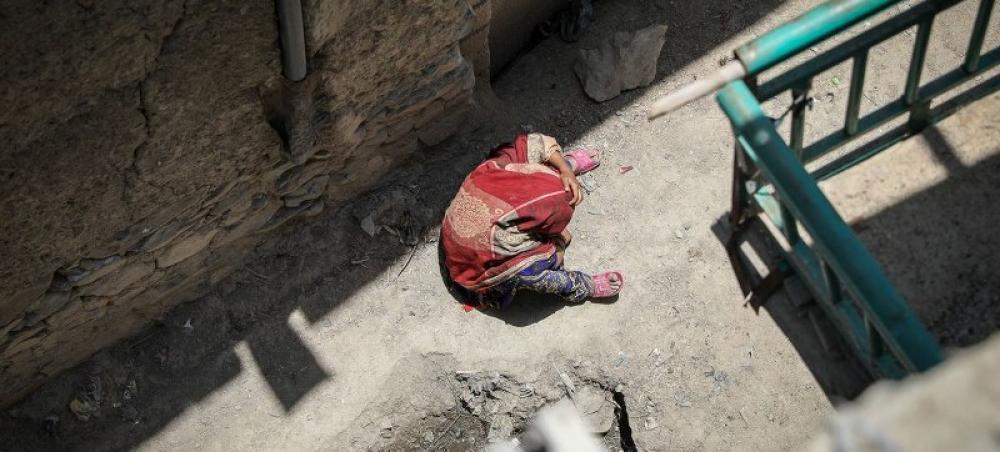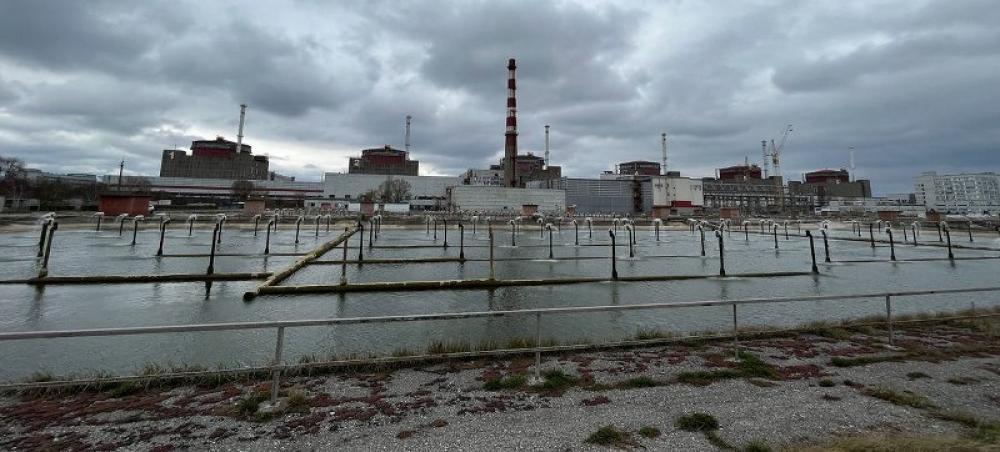Geopolitics
Aid UN moves vital food aid in north-west Syria
17 May 2014, 06:11 am Print

New York, May 17 (JEN): The United Nations World Food Programme (WFP) said on Friday it has started moving more food supplies from Turkey into north-east Syria to assist displaced families, while noting continued challenges with humanitarian access to those in need inside the war-torn nation.
A convoy of 34 trucks carrying 796 metric tons of food including sugar, lentils, rice, bulgur, tomato paste, beans, vegetable oil, pasta, salt, and wheat flour – enough to feed 58,000 people for one month – left Wednesday through the Nusaybin border crossing point.
It will deliver urgently needed food assistance over the next few days to families cut off from supplies in Syria’s Al-Hassakehgovernorate, WFP said in a news release.
The convoy is also carrying 10 temporary warehouses to augment WFP food storage capacity in Qamishli, from where food is dispatched and distributed all over the governorate.
In late March, food stocks for 50,000 people were delivered to Qamishli as part of an inter-agency, cross-border convoy carrying various forms of humanitarian aid.
Through WFP’s non-governmental partners, all food rations brought into Syria on the March convoy have been distributed to displaced people in towns and villages across Al-Hassakeh governorate. The rations, originally intended for 50,000 people, have reached more than 90,000, as partners have resorted to splitting rations to cover the needs of a larger number of people.
The agency added that some of the areas already hard hit by the conflict – mainly Aleppo, Idleb and Hama in the north-west of Syria – are also facing a looming drought, with rainfall less than half of the long-term average.
“This will have a serious impact on the next cereal harvest and the food security of people in this area,” WFP warned.
In a related development, two independent UN human rights experts on Friday spoke out about the violation of the right to water in Aleppo. “Interference with water supplies even in the context of an ongoing conflict is entirely unacceptable,” warned the Special Rapporteurs on the right to health, and to the right to safe drinking water and sanitation.
They expressed concern that “large numbers of residents of the city of Aleppo have been forced to use non-potable water, making many ill.”
“Depriving people of their right to access safe water, not only denies them a basic and fundamental human right, but also an essential element to support life and health,” they stressed.
The experts added that “if deliberate, the targeting of a civilian population to deprive it of essential supplies such as water is a matter of very serious concern, and a clear breach of both international humanitarian and human rights law which binds all parties.”
Reportedly, Aleppo has had intermittent access to water from the beginning of May 2014, with a total cut in supply on 10 May resulting in many, perhaps a million people, left without access to safe water and sanitation. This affected homes, hospitals and medical centres.
The cuts appeared to come about as a result of deliberate interference with the water supply, with conflicting allegations suggesting that some armed opposition groups and the Government of Syria have both been responsible at different times and to differing degrees.
“All parties to the conflict must take immediate steps to ensure that the water supply in Aleppo is permanently restored, and prevent any further interference with access to potable water, and other vital supplies. Relevant UN bodies and concerned States with influence over those parties must make that clear to them,” said the experts, who report to the UN Human Rights Council in an unpaid capacity.
WFP has started moving more food supplies from Turkey into northeast Syria through the Nusaybin border crossing point to assist displaced families cut off from food supplies in Al-Hassakeh governorate. Photo: WFP/Hussam Al Saleh
More Geopolitics
- World must ‘speed up’ efforts to end AIDS pandemic by 2030
- World Bank provides $700 million to improve primary education in Bangladesh
- Aid has not reached ‘a single soul’ in Syria’s besieged areas in December, says UN advisor
- UN tribunal for former Yugoslavia leaves behind culture of accountability, says Guterres
- Security Council renews Syrian cross-border relief convoys amid ongoing challenges for aid workers






